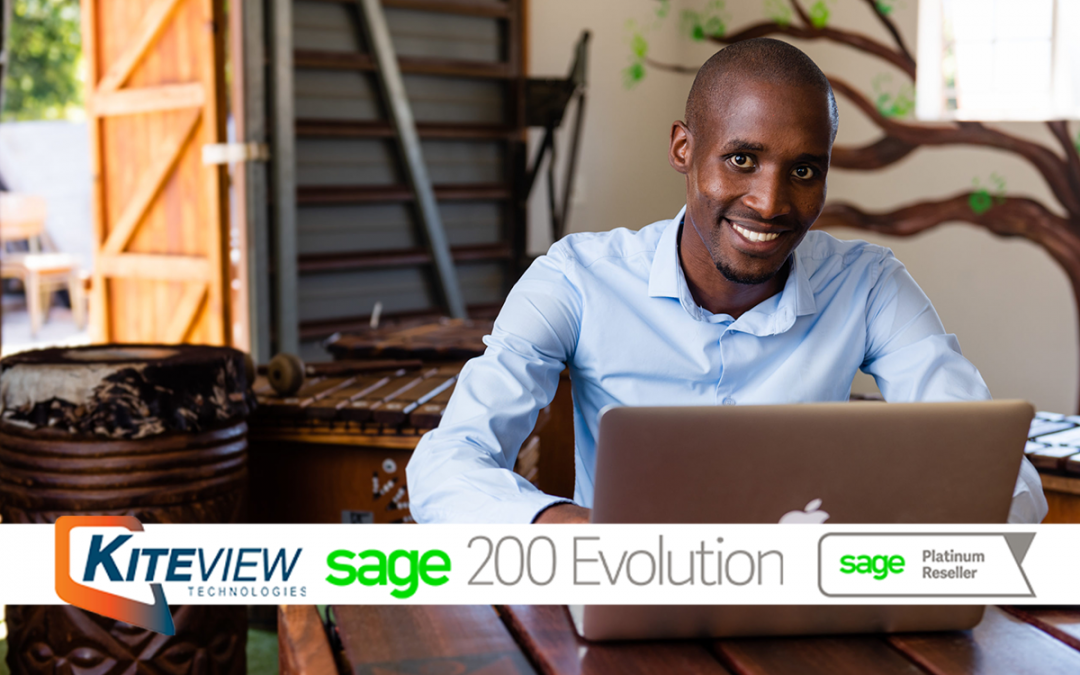
5 Accounting habits SMEs should break
Article credit: Sage
When you first started your business, you probably didn’t anticipate how much time it would take to balance your books and manage your cash flow – a major stumbling block for most small businesses.
‘Accountant’ is one of the many hats you wear as a small business owner, even if you’ve had no formal training and don’t enjoy number crunching. But your business’s survival depends on a solid financial strategy, which involves efficient record-keeping, financial analysis and ensuring there’s always more money coming in than there is going out.
The problem with doing something you’re not trained in, however, is that you’re probably wasting a lot of time and effort doing things the “old way”.
I’ve highlighted five of these “old” tasks and suggested new ways to make your accounting faster, more accurate and more efficient, freeing up your time to focus on what you do well: building your business.
1. You still use spreadsheets
As a manual solution, there’s a good chance that errors can slip into your spreadsheet – and finding that error when you realise there is one, could force you to start all over again. Cloud-based solutions integrate with your invoicing system and bank accounts, automating much of the data capturing and drastically reducing errors. Sage’s Practice of Now research found that 49% of accountants would like to automate number crunching, data entry, email and diary management, and 66% say they would invest in AI to automate repetitive and time-consuming tasks.
2. You don’t do it regularly
It’s tempting to put off financial admin until month-end or tax season, but this means a rushed job and a chance that you’ll exclude important transactions. Set aside 15 minutes a day or an hour a week to properly record income and expenses and follow up on unpaid invoices. This is a surefire way to improve your cash flow – and to spot problems.
3. You outsource too much
Outsourcing your entire financial management function when you’re just starting out could end up costing a lot more than if you’d done it yourself. Solutions like Sage 200 Evolution are built for business owners, like you. It’s easy to use and automatically complies with tax laws, as and when they’re announced, helping you stay compliant. In fact, our research found that 67% of accountants say cloud technology is improving client interactions and service offerings, and 53% have adopted a cloud practice management solution.
4. You don’t outsource enough
While modern solutions simplify much of the accounting process, some tasks – like tax – are best left to the experts.
5. You don’t have proper systems and processes
A shoebox filing system is effortless but it’s not exactly efficient, especially if you’re audited.
Tips
- Scan receipts and save them to the cloud or link them to your online accounting solution;
- Rename each receipt with the date, vendor and expense category (e.g. fuel, entertainment, rent);
- Create a folder for each month in the financial year and organise your receipts; and
- Save these inside a master tax folder.
This makes searching for and discovering transactions fast and easy.
Staying on top of your finances gives you crucial information about your business’s health. Data and insights from efficient record-keeping can help you identify opportunities for growth or spot problems before they become serious.
Kiteview Technologies (Pty) Ltd was founded in May 2010 to provide the Sage Evolution Business Management solution to the SME market. The management team of Kiteview have combined +30 years of experience in the delivery of small to mid-market Financial & Business Management solutions. This experience, combined with a sound project implementation methodology has helped in Kiteview’s growth, becoming a Platinum status partner for SAGE Pastel within just 1 year.
Contact Us
For An Obligation Free Quote













